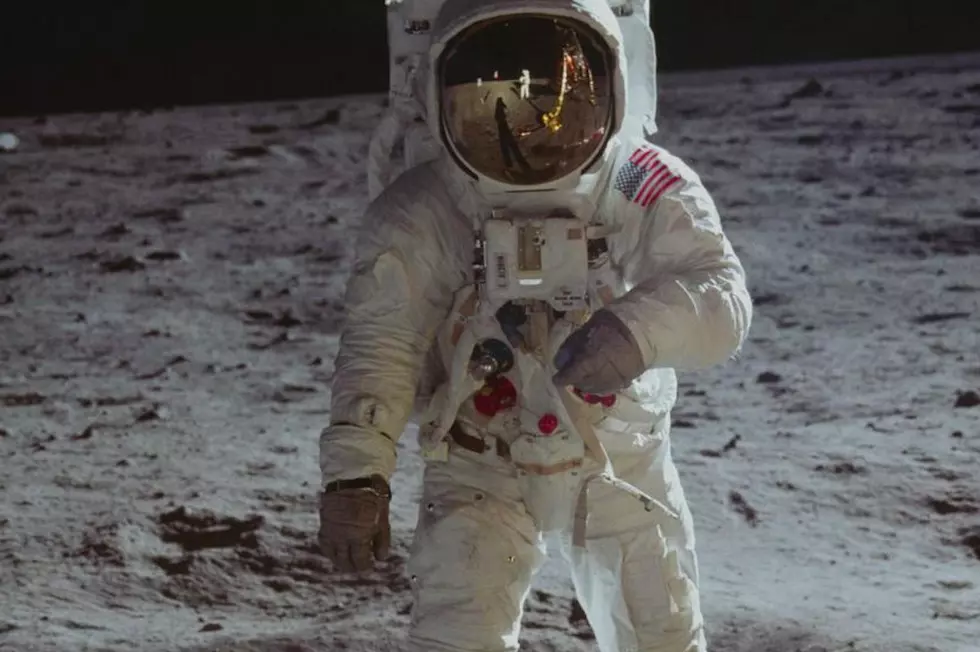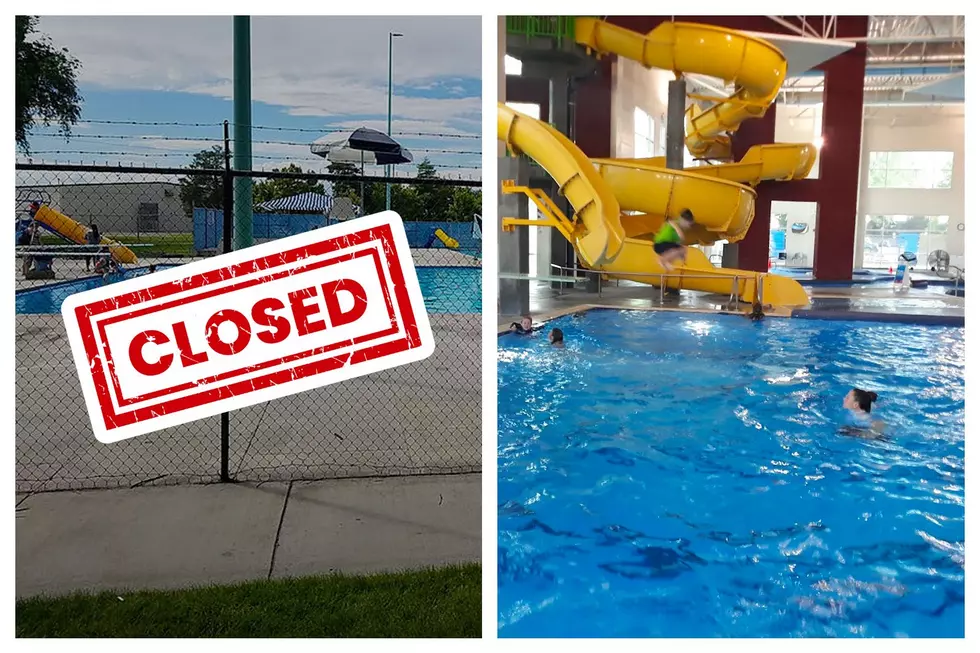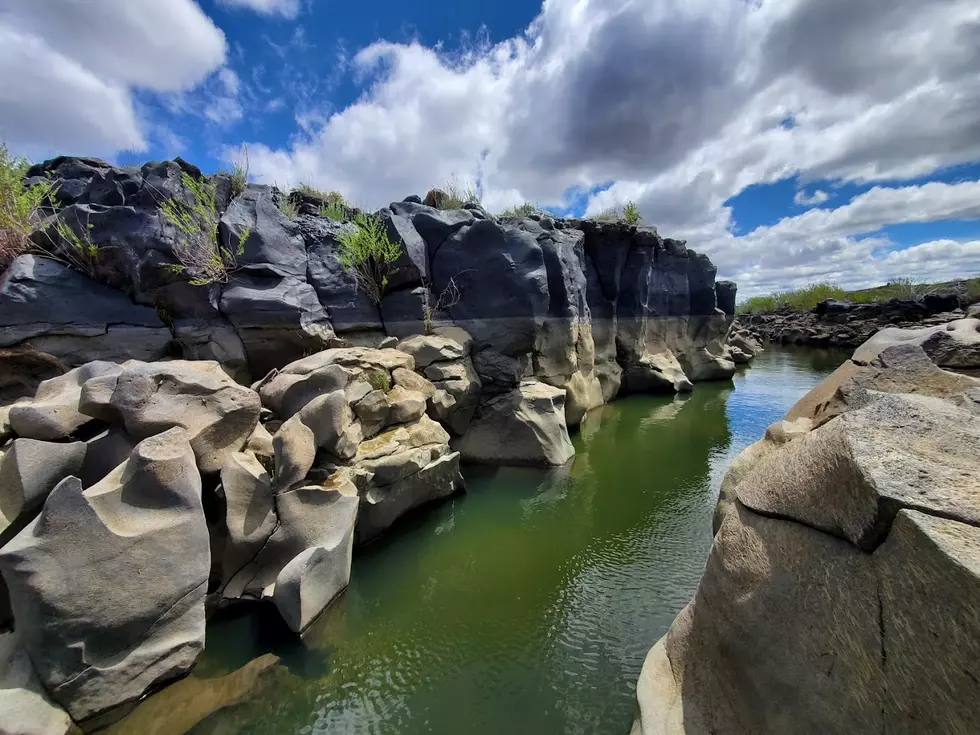
Idaho and NASA, an Unexpected Partnership
Last week I wrote about how the International Space Station is over Boise. It still is for the next week or so and if you want to spot it, check out more details from the original post here.
Did you know we have a home grown Idaho Astronaut who has been to the International Space Shuttle? James F. Reilly from Mountain Home went on three space shuttle missions during his career from 1994 to 2008. According to the NASA website, "These missions included the transport of important equipment for other stations, the retrieval of astronauts from different expeditions, and performing construction and repair on the International Space Station."
That is far from the only NASA and Astronaut tie we have here in Idaho. One of Idaho's largest tourist attractions is Craters of the Moon National Monument, The National Park Service says, "Craters of the Moon is a vast ocean of lava flows with scattered islands of cinder cones and sagebrush. We invite you to explore this "weird and scenic landscape" where yesterday's volcanic events are likely to continue tomorrow."
It is a lot more than just hardened rock, Idaho's lava beds served as a training site for some of the most famous astronauts and space adventurers of the century. According to Idaho National Laboratory, "Idaho’s relationship with NASA began in 1969, the same year Neil Armstrong and Buzz Aldrin walked on the moon. That August, NASA sent four Apollo astronauts, including Alan Shepard, to Craters of the Moon National Monument for geology training. The former test pilots would be collecting rocks on the moon’s Fra Mauro Highlands, and NASA mission planners decided Craters of the Moon would be a good place for them to practice spotting scientifically interesting rock specimens."
The late 60s isn't the only time that NASA has used Idaho's moon look alike terrain to practice. Over the decades multiple NASA and science tests and experiments have gone on in Craters of the Moon National Monument, including an extensive and expensive array of equipment tests as recently as 2014.
The Space Shuttles of America
Idaho's Sun Valley Starship Home is One of the World's Most Unique and Breathtaking
Top 5 Hot Springs Trails in the Boise National Forest
More From Idaho’s Talk Station









